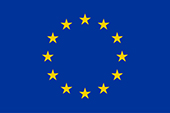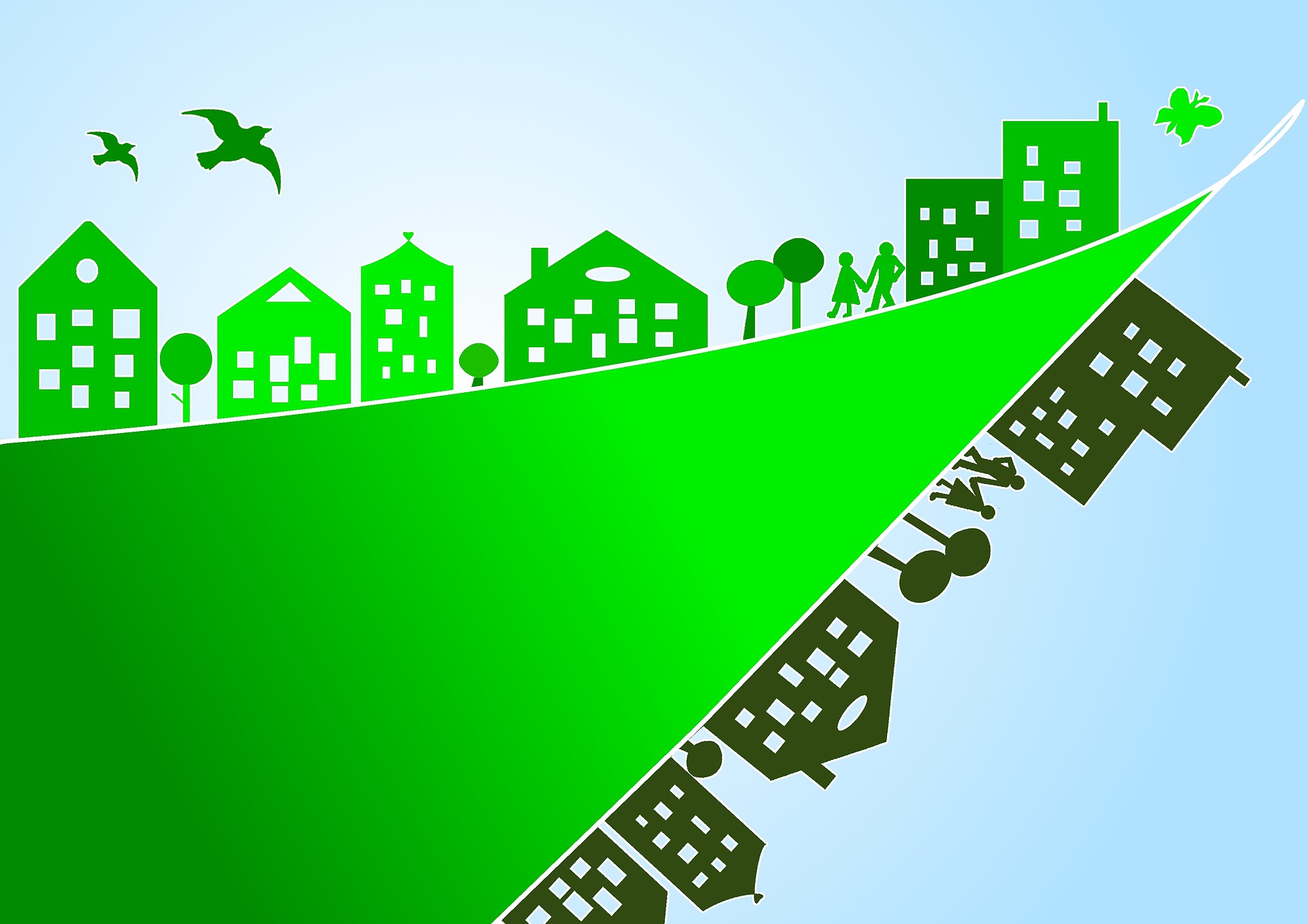Many use their household skills as the basis for a home-based business. It could be a Bed and Breakfast, with or without AirBnB. It could be the manufacture and sale of country food grown on their own land. It could also be a farm market or a small cafe in a little ceramics gallery.
This type of business often wishes to send a signal that they are selling real, authentic and handmade products that are made with care. One of the last building blocks in this type of story could therefore be that the business is built on sustainable principles. In addition to the fact that certified suppliers and processes can save money, they can also lead to an enhanced reputation for social responsibility.
But sustainability is not always an inevitable part of the curriculum when adults take their vocational training in the food and agriculture sectors. Integrating sustainability as a normal part of everyday routines in the teaching of business processes is not something that vocational trainers do automatically when we review the situation across Europe.
The European project Prof E Sus (professionals in household and guest-oriented businesses) wants to change this by developing a professional training that can help vocational teachers to include sustainability principles and approaches in their teaching across Europe. And although Danish vocational teachers could benefit from an integrated pedagogical overview of how to do this, there is no doubt that some of the best practices are also found here in Denmark.
In this connection, we can name the Kalø Organic Argricultural School whose students run the associated farm and eat the organically produced food in their canteen. A standard Danish vocational farm training has in this way been transformed into a course in which sustainability is an essential part of the learning.
What is the best way of helping vocational teachers to integrate sustainability issues into their teaching? It could for example include an awareness of ecolabels such as the EU’s own, or Fair Trade when you source raw materials from outside your own borders. It could include sharing tools that measure the effect of your activities on the environment with a view to researching how you could minimise the damages. It could also be about managing customer relations in your marketing so that customers become a part of the good news story.
The project will develop a blended learning course where teachers from different EU countries can learn together and afterwards go home and test their ideas in an action research project.
The project itself will also reflect sustainability principles by adopting sustainable practices. for example in relation to accommodation of the project partners during meetings, minimising the use of paper and so on. The project will also involve relevant external stakeholders who can share their own good practice, give feedback and guidance. So, if you know of someone who may be interested in the project and its results, we really want to hear from you.
Partners
Austria: Hochschule für Agrar- und Umweltpådagogik
Germany: IFHE (International Federation for Home Economics)
Finland: Laurea
Latvia: Latvia University of Agriculture
Italy: CISME
Denmark: Anne Fox ApS

The European Commission support for the production of this publication does not constitute endorsement of the contents which reflects the views only of the authors, and the Commission cannot be held responsible for any use which may be made of the information contained therein
Image credit: Pixabay
